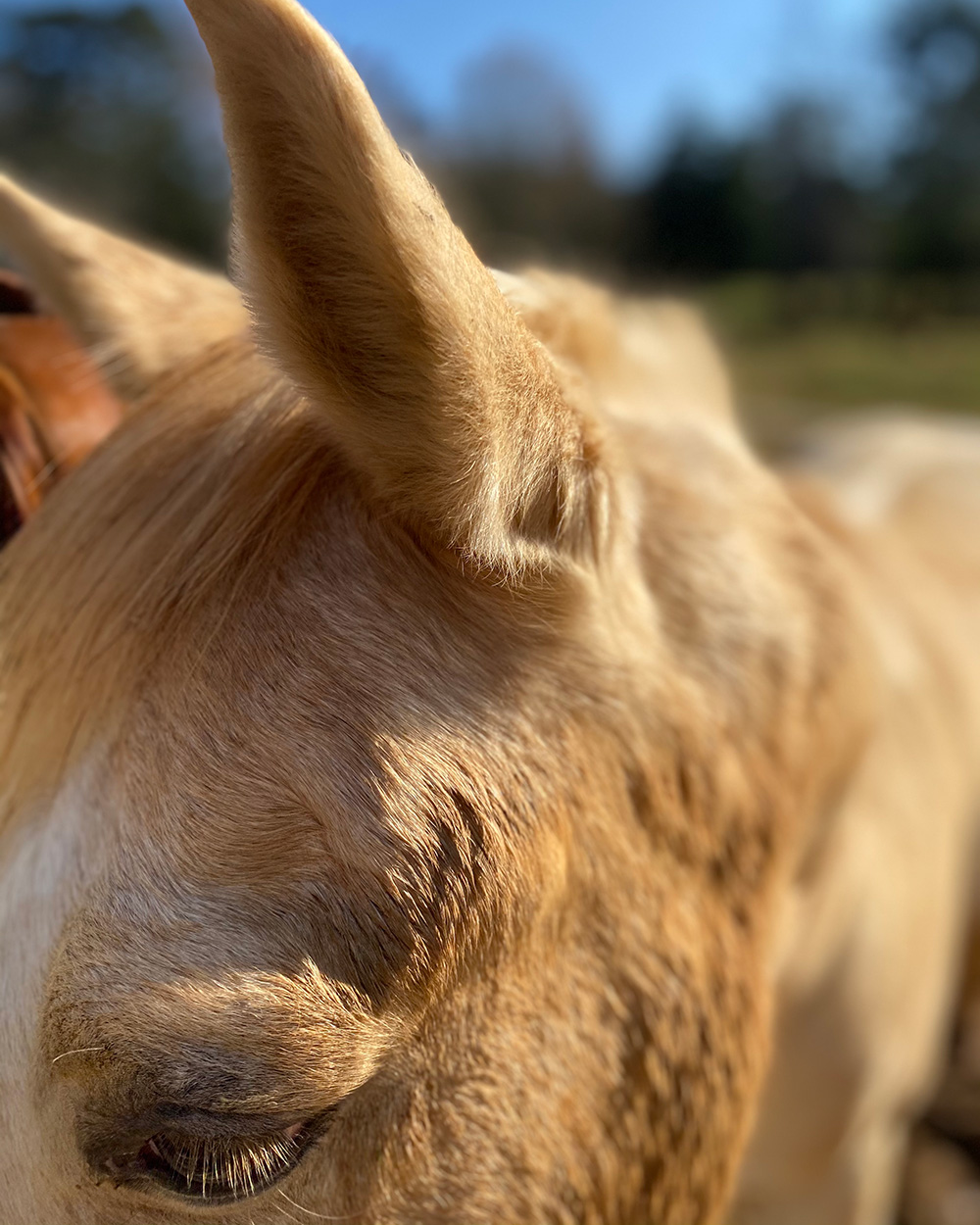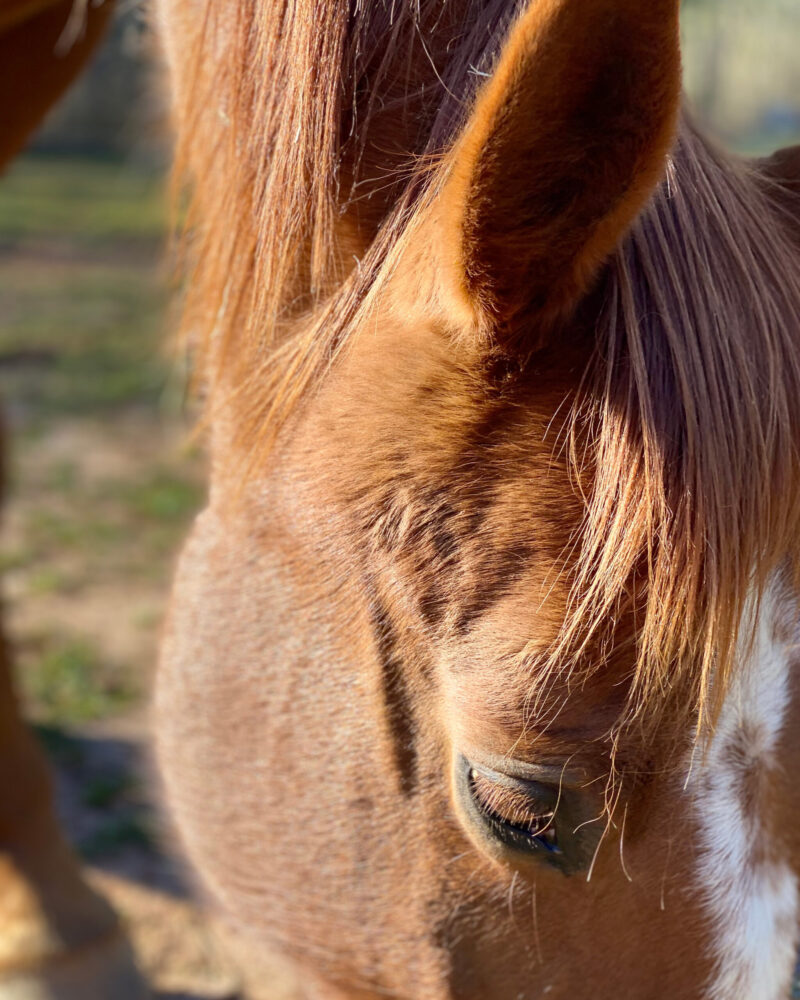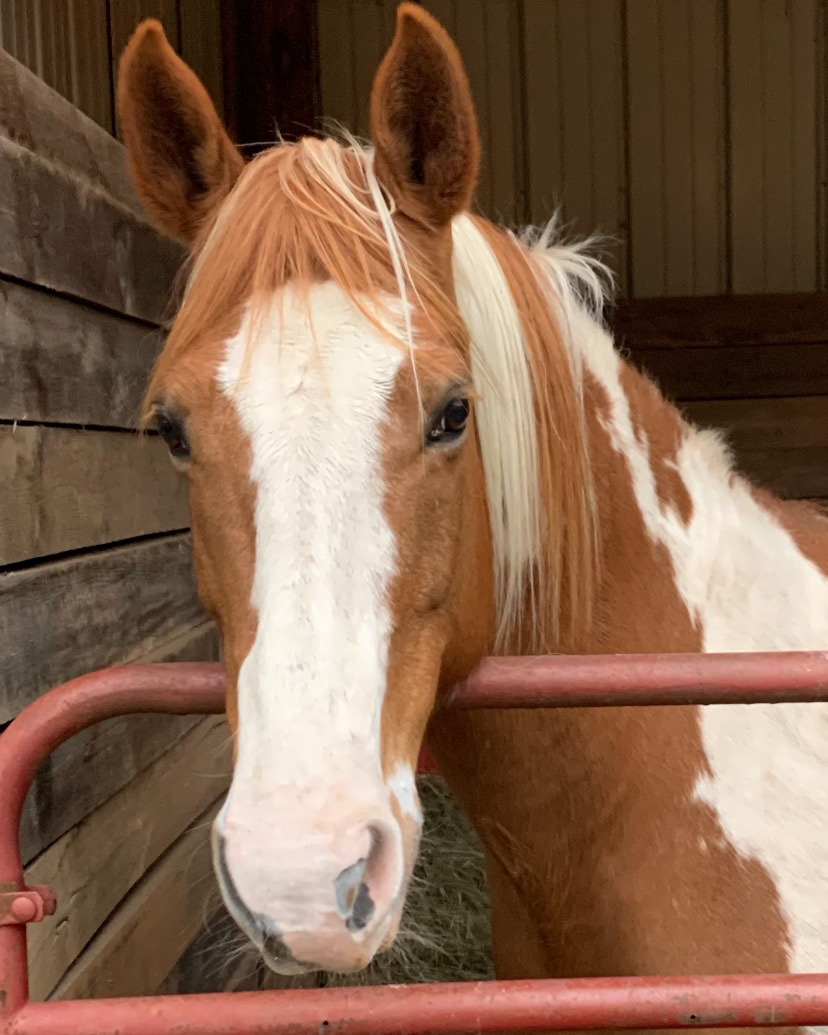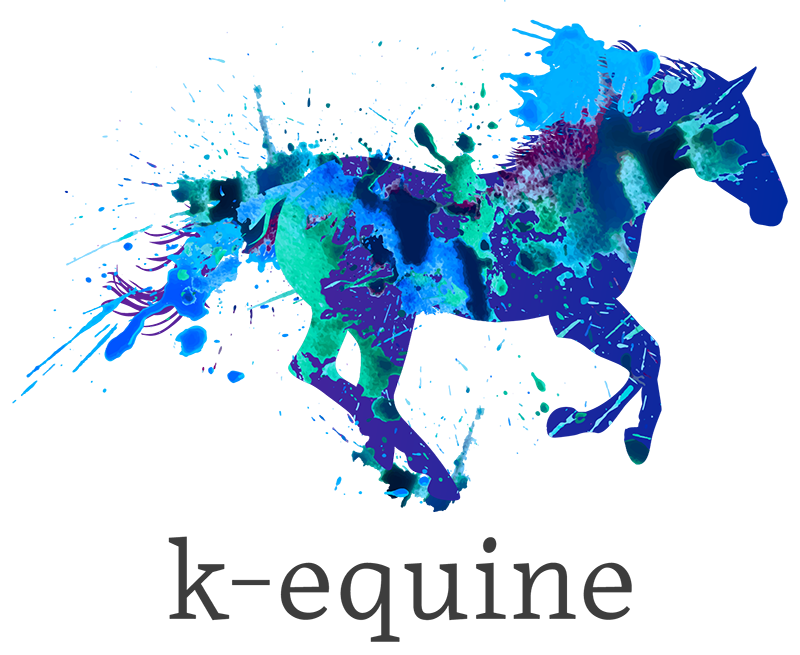How Can Equine Assisted Psychotherapy Treat Grief and Loss?
Loss is part of the human experience, and thus so are feelings of grief.
Loss can be felt in many contexts such as the death of a loved one, the loss of a significant relationship or ending a career. Loss can be experienced in changing family relationships, retirement, personal disappointments, uprooting for a move, or even a loss of spontaneity or freedom.
A common misperception is that grief is linear – meaning we go through set stages over a specific period to fully heal. Feelings of grief such as sadness, anger, irritability, and hopelessness in fact come in waves, and there is no set time for healing. It is also common to experience conflicting emotions at the same time during loss – like feeling sadness and despair while also feeling a sense of relief. Grief can feel confusing at times, and hard to explain or share with others.
Friends and family do not always want to talk about the loss, or perhaps we would prefer to keep private. Finding support during these times can be difficult.

“…the process of living and grieving makes the strongest demand on individuals when they feel most exhausted and overwhelmed. In a society that tends to deny and fear death, we often feel uncomfortable talking about grief and loss, wanting to avoid the pain and the darkness.”
~ Nancy Hooyman and Betty Kramer, Living Through Loss
The horse arena can be a therapeutic setting that creates space for and holds emotion for a person who is grieving.

Being outdoors with the horse herd creates a feeling of being truly present. The daily routine, stresses, stimulations are set aside, and the mind-body-heart connection can be nurtured. Client participants have shared this setting can feel therapeutic just in the way it invites grounding, focus, and replenishment. Interacting with these large, non-judgmental, curious, and empathetic animals can offer a different form of healing.
During sessions, participants have reported feeling empathy from a horse that felt pure and authentic, as if the horse could feel what the person was feeling. Horses are experts at reading and feeling human emotion and are often innately drawn to a person who is needing a supported presence, touch, or gentle look.
During sessions, the horse herd will sometimes join our human herd, walking through our circle of discussion about the recent interactions or activities just completed. Often activities will focus on highlighting and reinforcing inner strengths one is turning to during grief. Other times an activity could offer building support networks and inviting the horse herd to engage with the symbolic and meaningful supports.
“Losses can be physical or symbolic, but they always result in a deprivation of some kind; in essence, we no longer have someone or something that we used to have.”
~ Nancy Hooyman and Betty Kramer, Living Through Loss
Sometimes during sessions participants will select items such as foam noodles, hula hoops and cones to represent symptoms or represent important things in their lives. The participants experience these activities in the here and now, tapping into significant emotional processing in the moment that translates to life outside the arena. This therapeutic process can lead to internal growth, new learning, deep healing, new layers of resilience and ultimately change.
The horse-human connection in equine assisted psychotherapy offers a uniquely beneficial way to experience mental health therapy. The horse arena setting for this therapeutic work feels very different than sitting in an office for talk therapy.
Equine assisted psychotherapy can be a helpful supplement to individual work with a therapist or can serve as a first experience toward prioritizing one’s mental health, providing a comfortable and non-traditional introduction to individual therapy.

“Emotions like grief, fear, and despair are as much a part of the human condition as love, awe, and joy… These are the dark emotions, but by dark, I don’t mean they are bad, unwholesome, or pathological. I mean that as a culture we have kept these emotions in the dark – shameful, secret and unseen.”
~ Amy Wright Glenn, Holding Space on Loving, Dying and Letting Go
Common Types and Symptoms of Grief and Loss
Types of Loss
- Losing someone we love through death, divorce or separation
- Experiencing infidelity
- Loss of health through injury or disability
- Loss of job or career
- Retirement
- Loss of financial stability or status
- Chronic physical and/ or mental illness
- Infertility
- Miscarriage or infant loss
- Moving to a new residence
- Loss of a beloved pet
- Loss of a romantic relationship
Disenfranchised Grief:
Grief that a person experiences when they incur a loss that is not or cannot be openly acknowledged and often precludes support from family members and friends. Further, the person experiencing this type of grief may not receive bereavement leave or receive the expressions of sympathy and support normally given to support grief.
- Infertility or miscarriage
- Pregnancy or newborn health complications
- Non socially sanctioned losses such as gay, lesbian or bisexual relationships
- Non publicly recognized relationships such as an extramarital affair, former spouse or past lover
- Experiencing family members with mental disabilities such as dementia
- The health decline, complication or death of a pet
Common Feelings When Experiencing Grief and Loss
- Sadness
- Denial
- Anger or frustration
- Powerlessness
- Resentment
- Jealousy
- Discouragement
- Overwhelmed
- Stressed
- Isolated
- Depressed
- Loneliness
- Distanced
- Hurtfulness
- Hostility
- Confusion
- Insecure
- Relieved
- Irritated
- Frustrated

